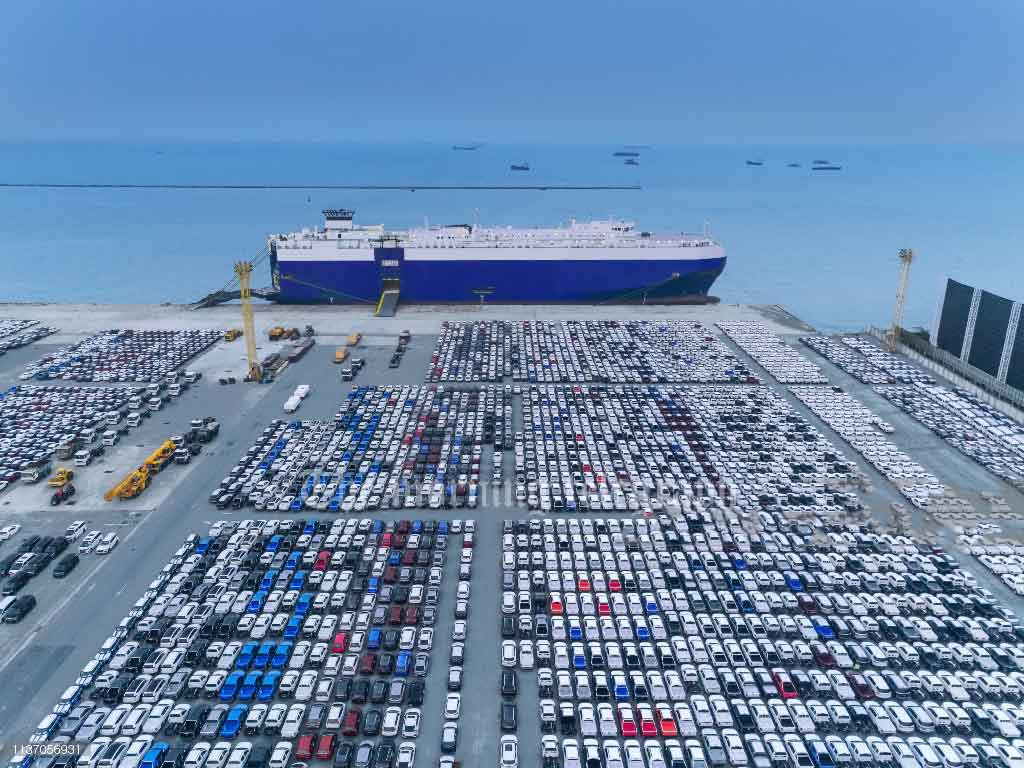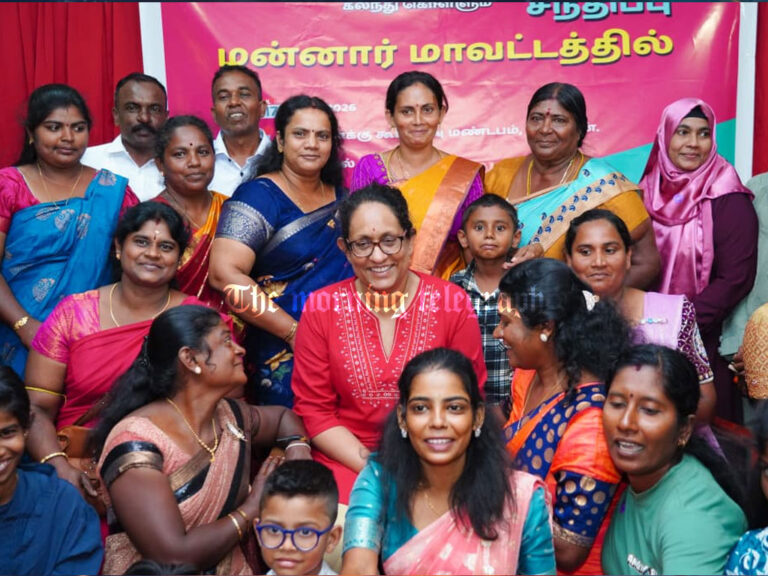
The Sri Lankan government has imposed nine conditions on vehicle imports, following the relaxation of import restrictions, which come into effect today (February 1).
A gazette notification signed by President Anura Kumara Dissanayake, in his capacity as the Minister of Finance, was issued, outlining these conditions. The Ministry of Finance subsequently released an official statement detailing the newly imposed regulations.
According to the notification, the following conditions will govern vehicle imports:
- Authorized Importers: Only importers registered with the Department of Motor Traffic and state institutions will be permitted to import vehicles under the newly imposed regulations.
- Limitations for Personal Imports: Individuals who are not registered importers or government institutions may import only one motor vehicle within a 12-month period.
- Mandatory Registration: All imported vehicles must be registered in the name of the importer or purchaser with the Department of Motor Traffic within 90 days from the date of the customs entry or import bill.
- Taxpayer Identification Number (TIN) Requirement: Importers or purchasers must submit an affidavit containing their Taxpayer Identification Number (TIN) issued by the Department of Inland Revenue, along with all other required documents, to the Commissioner General of Motor Traffic.
- Additionally, importers who wish to bring in a second vehicle must declare in the affidavit that they have not imported any other vehicle within the last 12 months from the date of the first import (customs entry date).
- Penalties for Late Registration: Importers who fail to register a vehicle within 90 days will be subject to a monthly late fee of 3% of the CIF (Cost, Insurance, and Freight) value, up to a maximum penalty of 45% of the CIF value.
- No Waiver of Late Fees: Under no circumstances will a waiver or exemption be granted for the monthly late registration penalty.
- Calculation of Vehicle Age: The age of a vehicle will be determined based on the period between its date of manufacture and the date of the bill of lading/air waybill.
- Ban on Tax Concession Permits: Vehicles cannot be imported using permits issued for tax-concessionary vehicle imports under previous schemes.
- Mandatory Re-Export of Non-Compliant Vehicles: If a motor vehicle is imported in violation of the regulations, the importer must re-export the vehicle within 90 days from the date of customs registration, at their own expense.
Revised Import Duties on Vehicles
Additionally, the government has introduced new customs duties on imported vehicles under the Revenue Conservation Act No. 19 of 1962:
- Initial Duty of 20%: As per Gazette Notification No. 2421/05, effective January 28, 2025, a 20% CIF value tax was imposed on motor vehicles under Customs Code Chapter No. 87.
- Additional 30% Surcharge: Gazette Notification No. 2421/43, issued on January 31, 2025, has introduced an additional 30% surcharge under Section 10(a) of the Customs Ordinance. This surcharge applies to all vehicles imported on or after February 1, 2025.
- Total Import Duty: The total duty levied on imported vehicles now stands at 50% of the CIF value, including both the existing 20% tax and the new 30% surcharge.
These regulations and duty increases are part of the government’s effort to regulate vehicle imports, increase state revenue, and stabilize the local automobile industry. Importers and buyers are advised to strictly comply with the new conditions to avoid penalties and legal consequences.






